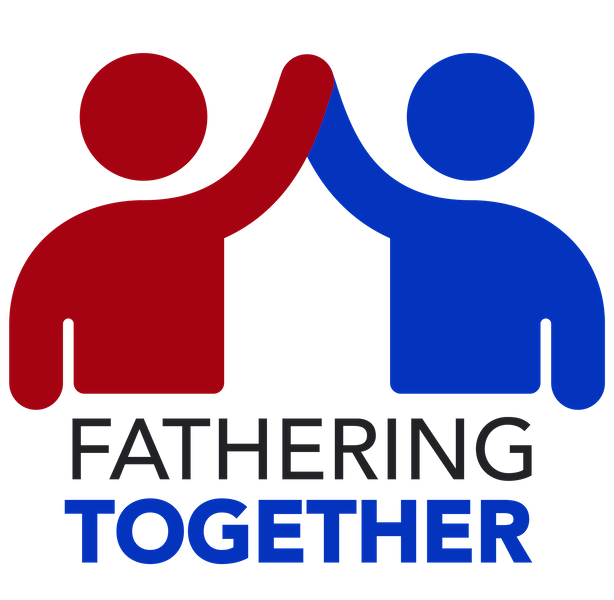
The title intrigued me: The Happiest Mommy You Know.
I live with one mom (my wife) and two possible future moms (my teenage daughters), so I read Genevieve Shaw Brown’s new book with them in mind. Brown’s mantra is that mothers should treat themselves as well as they instinctively treat their children.
The Happiest Mommy You Know originated from a popular Good Morning America television segment about “The Baby Diet.” Brown explains that after preparing organic feasts for her young children, she would often eat fast food in yoga pants. But when she started eating the healthier foods (on the healthier schedule) that her kids ate, she lost weight and felt better. Gradually, she extended what she calls this “revolutionary” self-care idea — exercising and sleeping more, dressing better, and making more time for friends and her partner. The result? A much happier mom.
Though dads are not her intended audience, I found myself agreeing with most of her self-care ideas. She also incorporates helpful research, anecdotes, and humor. When I was in the throes of early at-home parenthood, her chapter on maintaining fashion would have been especially useful. (That was me in the baseball cap and milk-stained sweatshirt.)
Maternal gatekeeping, stereotyping shuts door on dads
But this identification with her ideas leads to my problem with The Happiest Mommy You Know. Brown declares that she and her husband, Ryan, are “true partners in every sense of the word” who share domestic labor as two working parents. Gradually, however, she reveals a mindset of maternal gatekeeping that I would argue contributes to unhappiness and exhaustion.
For example, she selects the kids’ clothes before bed every night “so that if, for whatever reason, Ryan gets to them before I do in the morning, there is zero chance of an unacceptable outfit being chosen, resulting in a clothing change and wasted time.” This sounds like “old girls’ club” talk; a dad is capable of picking out reasonable clothes for his children.
The book also contains some unhealthy generalizations about dads. Brown states:
- “Moms are actually ‘on’ all night, too. A child wakes up from a nightmare … and there’s only one person they want to fix it: Mom.”
- Regarding family travel, “Mom’s the one packing the beach bag, lathering everyone up with sunscreen … planning every meal, executing every activity.”
- And she claims a thank-you note “is exactly the kind of thing moms do that dads just … literally never think of.”
These statements are more reactionary than “revolutionary.” They are also false in many homes, especially mine. Part of a mom’s (or dad’s) self-care should be an awareness of how conventional gender roles can sabotage their happiness. To be fair, Genevieve Shaw Brown eventually reflects that some of her unhappiness has stemmed from her own choices, or self-imposed burdens, and desire for control. And she is right to acknowledge the historical “weight of parenthood” for women, which unfairly leaves mothers feeling they do both too much and not enough.
But I would challenge her assessment that “perhaps there will be a time in the future when [the weight of parenthood] will come down more on Ryan. Maybe not.” I say yes, the future is now!
Don’t succumb to a lack of imagination; dads are more capable and involved — and under more pressure from the weight of parenthood — than ever. Moms can help sustain the momentum by expecting and enabling more from their husbands, rejecting generalizations and gatekeeping in the process. To use Brown’s formulation, the self-care practice of “letting our needs be known” seems like the best way to share the burdens of parenthood equally, and the key to happiness for both moms and dads.

Leave a Reply